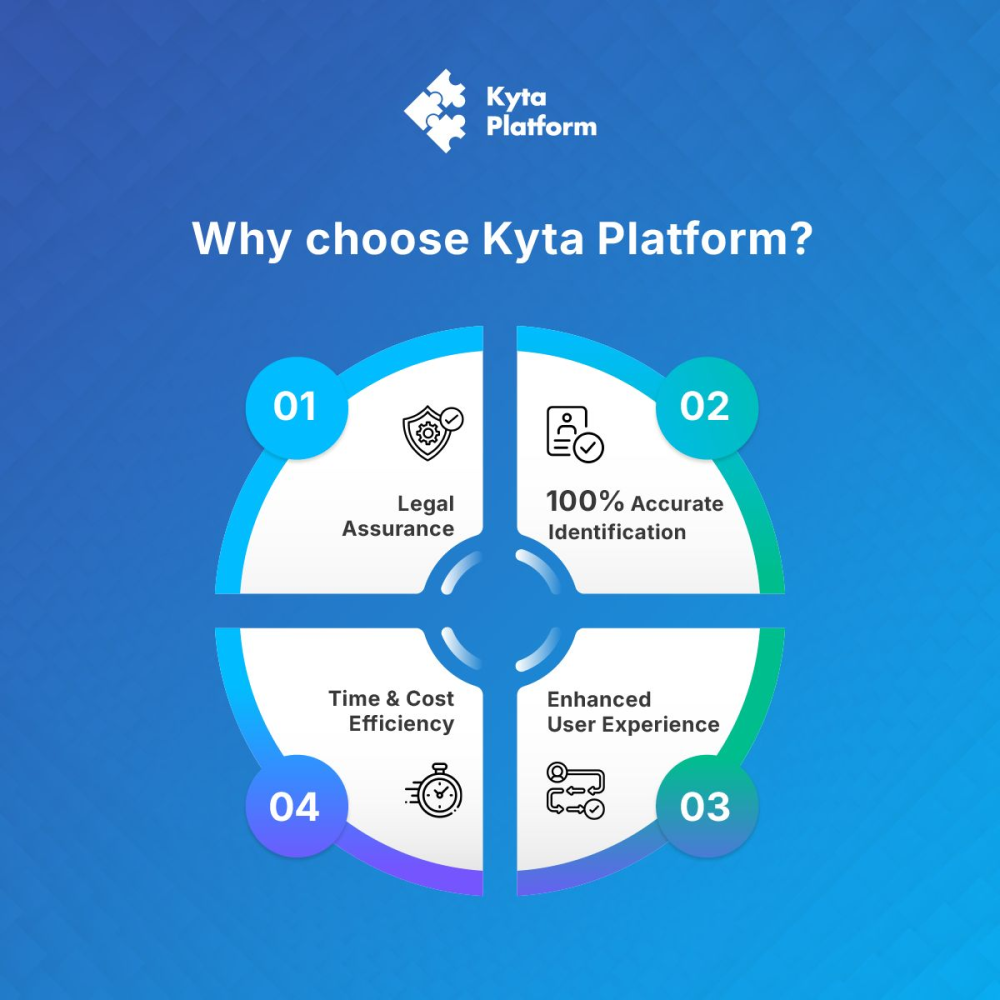Electronic Insurance Contracts: Benefits and Risks of Use
Dec 18 ,2024 - min readTechnological advancements have become a key factor in helping insurance companies attract an increasing number of customers. A clear example of this is the widespread shift from traditional paper contracts to electronic insurance contracts by most insurers. This innovation not only enhances efficiency in signing and managing contracts but also offers significant convenience to both businesses and their customers. Thus, policyholders can access services more quickly and easily, creating a modern and professional user experience.
What is an electronic insurance contract?
An electronic insurance contract encompasses agreements between the insurer and the customer, presented in the form of data messages. Under the terms of the contract, the policyholder is obligated to pay premiums to the insurer. In return, the insurer must compensate the policyholder in the event of risks covered within the scope of the insurance policy.

In terms of format, the electronic insurance contract is represented in electronic data form. According to the 2005 Electronic Transactions Law, this type of contract holds equivalent validity to traditional written documents. From a legal perspective, an electronic insurance contract with a valid electronic signature possesses the same legal enforceability as a paper-based contract. In the situation of an insured occurrence, users can rely on the electronic insurance contract to claim compensation following the agreed terms.
Benefits of electronic insurance contracts
The use of electronic insurance contracts offers numerous outstanding benefits for both businesses and insurance buyers. Some of the most notable advantages include:
Benefits for insurance companies
The application of electronic contracts in customer transactions and contract management helps businesses address numerous challenges effectively.
- Cost savings on printing and delivery: Businesses can eliminate the need to print paper contracts and pay for delivery services, thereby optimizing management costs while being environmentally friendly.
- Time efficiency with online contract delivery: Contracts can be sent online, allowing customers to receive them instantly without the delays associated with traditional paper contracts.
- Convenient signing process: Contracts can be signed from anywhere, at any time, without requiring in-person meetings. This ensures the signing process is quick, convenient, and highly efficient, regardless of the customer's location.
- Streamlined management and storage: Businesses can efficiently manage, store, and retrieve contracts using smart and organized software features such as filters and categorization. This optimizes operations and boosts workplace productivity.
- Advanced security measures: Electronic insurance contracts are encrypted and stored on state-of-the-art technological platforms. Only authorized parties involved in the signing process can access and view the contract, ensuring the absolute safety and confidentiality of the information. This enhances trust for both the business and its customers.
- Broader customer reach: Businesses can easily connect with customers from any location, ensuring maximum convenience and effectiveness in building relationships.
- Adapt to the digital age: By adopting electronic insurance contracts, businesses align themselves with the evolving trends of the digital era. This not only enhances their brand image but also reinforces their position, credibility, and professionalism in customer service.

Benefits for users
Signing electronic insurance contracts also provides significant advantages for policyholders:
- Quick and easy access to information: Customers can actively and promptly access detailed information about the company and insurance packages. This transparency helps them make informed decisions before and during their use of insurance services.
- Convenient information retrieval: Information about insurance packages and insurance policies can be easily retrieved anytime, anywhere, using various electronic devices such as laptops, tablets, or smartphones.
- Advanced security measures: Electronic insurance contracts are encrypted and stored on dedicated platforms using state-of-the-art security technologies. This ensures absolute confidentiality of contract details, providing customers with peace of mind regarding data safety.
- Streamlined signing process: With electronic insurance contracts, customers can complete the signing process electronically without the need for in-person meetings. This saves time and effort while reducing unnecessary procedures and paperwork.
- Legal assurance and versatility: Electronic insurance contracts are just as valid and enforceable as traditional paper contracts, offering customers a seamless, stress-free experience with full legal protection.

Electronic insurance contracts are an optimal solution for both businesses and customers in today’s digital landscape. Choosing electronic insurance contracts is a logical and forward-thinking decision that aligns perfectly with the current trends of societal development.
Risks of using electronic insurance contracts
While electronic insurance contracts bring numerous benefits to insurance companies and customers, there are still certain risks when using electronic insurance contracts. Here are some specific challenges and corresponding solutions:
Legal risks
Electronic insurance contracts often operate across borders, allowing parties to sign contracts from anywhere, at any time, without meeting in person. This lack of a defined transaction location, especially in international dealings, complicates dispute resolution when disagreements arise.

To mitigate this risk, the parties involved should include clear agreements within the contract specifying jurisdiction and dispute resolution mechanisms. Opting for a pre-agreed arbitration body or adjudication framework can help streamline conflict resolution.
Difficulty in verifying originals and signatures
In the digital environment, electronic insurance contracts exist in an intangible form. While legally recognized and stored electronically, these contracts lack physical presence, making it challenging to verify the originality of the document and the authenticity of signatures.
Both insurance companies and customers should involve a trusted third party to validate digital signatures. This intermediary should ensure compliance with conditions that render the contract legally enforceable.
Risk of fraud
Many insurance companies in Vietnam have yet to fully adopt advanced technologies like electronic insurance contracts. This limited familiarity not only creates difficulties in implementation but also exposes businesses to sophisticated fraudulent schemes.

To protect against fraud, parties engaging in Electronic insurance contracts should thoroughly understand the electronic signing process before proceeding. Insurance providers, in particular, must invest in in-depth training to manage potential issues proactively. This preparation ensures they can guide customers through the process and address any concerns during contract signing.
Challenges in software usage
Adopting new technologies can be overwhelming for any organization. Insurance companies and customers alike may encounter difficulties when first transitioning to electronic insurance contracts.
To minimize these challenges and ensure smooth operations, insurance company staff should undergo comprehensive training. Familiarity with software operations will enable them to support customers effectively and maximize productivity during the adoption phase.
Information security risks
In the digital realm, data breaches, corruption, or leaks can occur unexpectedly. If such incidents happen, sensitive information belonging to both businesses and customers could be exposed or stolen, especially when third parties handle data storage and authentication.
Hence, businesses must partner with reliable, professional electronic contract software providers. These providers should offer robust data security measures and effective support in the event of technical issues or breaches.

To ensure the safe and seamless implementation of electronic insurance contracts, insurance companies must adopt comprehensive electronic contract software and solutions. These tools should not only provide robust security features to protect sensitive data but also offer user-friendly interfaces and reliable support to facilitate smooth adoption for both businesses and their customers. By integrating advanced, well-rounded applications, insurers can minimize risks, enhance operational efficiency, and deliver a modern, secure, and convenient experience that meets the needs of today’s digital-savvy clientele.
Secure and streamline electronic insurance contracts with Kyta Platform
Kyta Platform stands out as a trusted and comprehensive solution for implementing electronic insurance contracts effectively and securely. Designed to simplify and enhance digital transactions, Kyta ensures that every stage - from customer identification and contract negotiation to signing, authentication, and document storage - is handled efficiently with robust security and legal compliance. Trusted across finance, insurance, real estate, and beyond, Kyta Platform elevates efficiency, security, and compliance in all business processes.

Kyta Platform empowers insurance companies to implement electronic insurance contracts with enhanced security, convenience, and efficiency while maintaining full compliance through its standout features including:
- Versatile and comprehensive solutions
Kyta Platform offers tailored solutions that address the unique challenges of the insurance industry. By streamlining processes, enhancing information management, and providing secure storage solutions, it empowers businesses to improve operational efficiency while maintaining high standards of service quality.
- Effortless customization
Kyta's no-code functionality allows users to customize workflows and platform features effortlessly, without requiring advanced IT skills. This flexibility ensures that insurance companies can adapt the platform to their specific needs, making the transition to electronic contracts smooth and efficient.
- Secure digital transactions
With Kyta, businesses can execute electronic insurance contracts with complete confidence. The platform integrates advanced digital identity verification and secure electronic signature capabilities, ensuring that every transaction meets stringent legal and security requirements while minimizing risks.
- Centralized data management
Kyta centralizes data storage and management across web and mobile applications. This ensures that all contract-related information is secure, consistent, and readily accessible, reducing the administrative burden on insurance companies and enhancing customer satisfaction.
- Real-time collaboration
Kyta Platform supports real-time collaboration, enabling teams to work seamlessly together throughout the contract lifecycle. By keeping all stakeholders updated and synchronized, Kyta ensures faster, more efficient workflows and a superior user experience.
Adopting Kyta Platform empowers insurance companies to overcome the challenges associated with electronic contracts while maximizing their benefits. By leveraging Kyta's advanced features, businesses can optimize their operations, enhance customer trust, and stay ahead in a competitive market. As a reliable partner in digital transformation, Kyta is the key to unlocking new efficiencies and opportunities in the insurance industry. Contact us today to receive a detailed consultation and discover how Kyta can transform your business.
